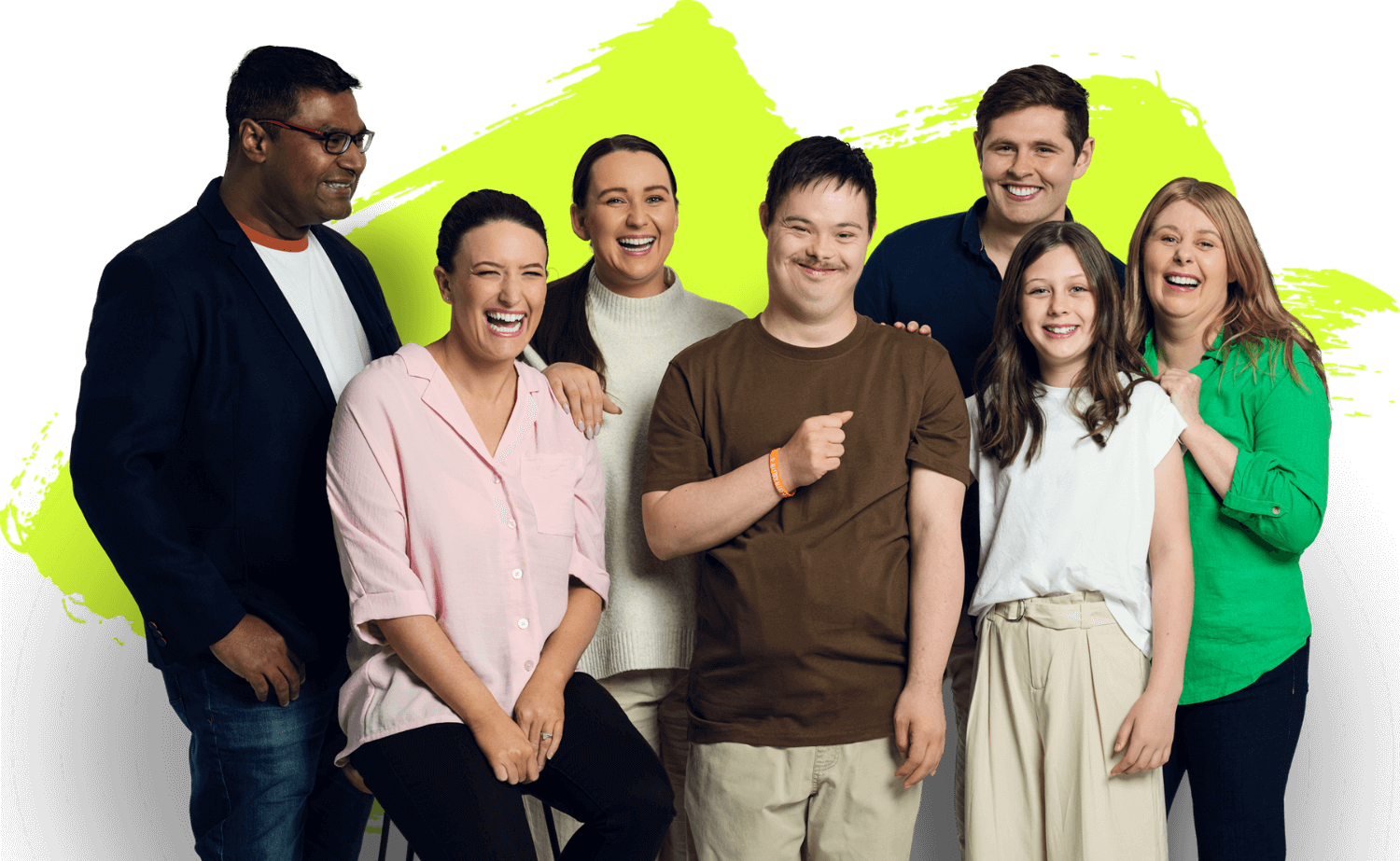Who We Support
We support people with disabilities of all ages to increase their independence, participate more in everyday life, and experience greater wellbeing.

We support people with disabilities of all ages to increase their independence, participate more in everyday life, and experience greater wellbeing.
